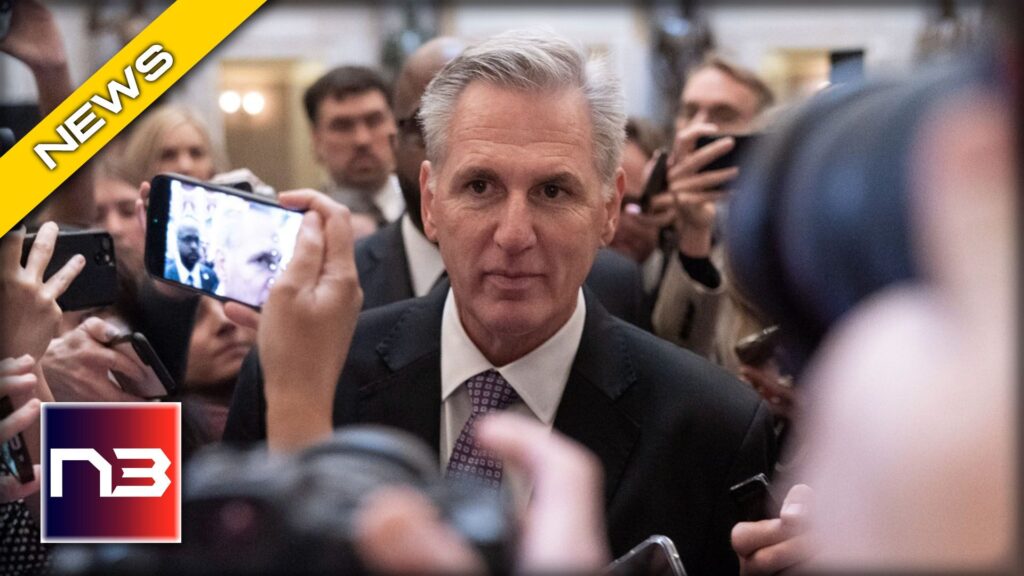House Speaker Kevin McCarthy has expressed doubts about the negotiations between himself and President Joe Biden regarding the debt ceiling. Despite some reports of optimism, the negotiations have not produced compromises on the majority of demands Republicans have laid out. A default is projected to occur as early as next month, and McCarthy is concerned that the Democrats may be more interested in allowing the default than reaching a deal. Both Congress and President Biden are set to leave Washington before the end of May. This leaves little time for negotiations to take place, and without action soon, the world economy could face an economic and financial catastrophe.
House Speaker Kevin McCarthy is expressing grave concerns about negotiations between himself and President Joe Biden to reach a deal on the debt ceiling and avoid a sovereign default. Despite reports of optimism over talks on Friday, negotiations were not producing compromises on the majority of demands that Republicans have made conditional on increasing the debt ceiling, embodied in the Limit, Save, Grow Act passed by the House in April.
McCarthy even went so far as to say that “it seems more like they want a default than a deal to me.”
Speaker McCarthy offered a reality check this morning on debt limit talks, insisting they are still "far apart," while the administration paints a rosier picture. pic.twitter.com/v3hLWjkdnz
— Haley Talbot (@haleytalbotcnn) May 15, 2023
McCarthy’s comments come as both Congress and Biden prepare to leave Washington, D.C., before the end of May, while a default is projected to occur as early as next month.
Reports coming out of Washington suggest that Republicans and Democrats had agreed to conditions that would be included in a final debt ceiling bill, including reforms to energy permits, a 1% cap on discretionary spending, and an expansion of work requirements for Medicaid and SNAP food stamp recipients. Despite this, the lack of progress on negotiations is highly concerning, and a default could spell disaster for the economy.
As we approach the end of May, both houses of Congress are scheduled to sit in Washington until May 22, when the Senate will begin its “State Work Period” and its members will be away from the Capitol, while the House will begin the same on May 25. Biden, meanwhile, is scheduled to leave the country for the G-7 summit in Hiroshima, Japan on Wednesday and will return on May 25 after stopping in Papua New Guinea and Australia for diplomatic summits, though there have been calls for him to cancel the trips.
The U.S. is projected to exhaust all emergency measures to meet its debt obligations to holders of Treasury bonds as early as June 1. Economists and officials in both parties have agreed that it would lead to an “economic and financial catastrophe” for the world economy. It is imperative that both sides come together to reach a compromise and avoid a default at all costs.
As Republicans and Democrats continue to hammer out a deal, it’s clear that the Biden administration is playing politics instead of actually working to find a solution. The proposed conditions that both parties agreed upon previously would help to ease the debt ceiling crisis, but it seems as though the Democrats are unwilling to make any serious concessions. The consequences of a default would be catastrophic, and it’s imperative that both sides come together to find a solution. While Biden may be eager to travel abroad for diplomatic summits, the U.S. debt crisis must take center stage and be resolved before it’s too late. Time is running out, and without action soon, the world economy could be severely impacted.



